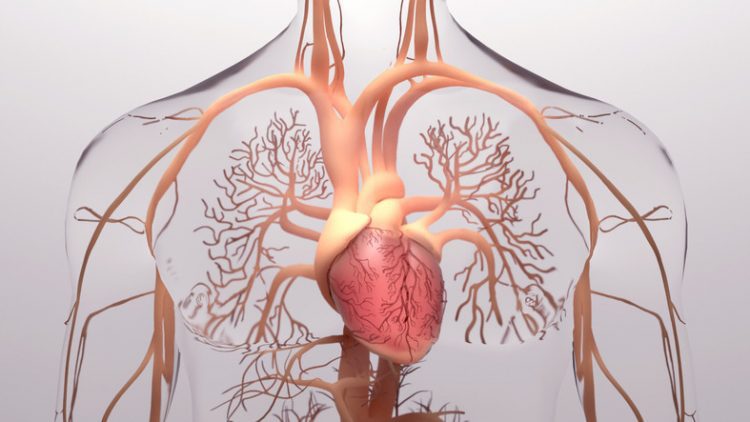5 factors heavily influence your risk for heart attack and stroke.
Heart attack and stroke, two forms of cardiovascular disease, are leading causes of death in the US. Risk factors include a family history of cardiovascular disease, smoking, diabetes, high cholesterol, and high blood pressure. Excess weight increases the chances that several of these risk factors will develop.
Do you have optimal cardiovascular health? And have you minimized your risk factors for developing cardiovascular disease in the future? Unfortunately, research suggests not many people in the US can answer yes to these questions.
What is cardiometabolic health?
Your cardiovascular system includes your heart, blood, and blood vessels. Cardiometabolic health is a term that refers to a combination of many of these risk factors. To estimate how many people in the US have optimal cardiometabolic health, researchers publishing in the Journal of the American College of Cardiology analyzed survey results from more than 55,000 adults in the US. Optimal measures were defined as all five of the following:
- body mass index and waist circumference in ideal ranges
- normal blood sugar (without taking medicine to lower blood sugar)
- ideal cholesterol levels (without taking medicine to lower cholesterol)
- normal blood pressure (without taking medicine to lower blood pressure)
- no evidence of cardiovascular disease, such as a prior heart attack or stroke.
The results are in — and they are eye-opening
The study found that, as of 2018, just 6.8% of the US population had optimal cardiometabolic health. That’s less than one out of every 14 people!
The researchers also found that:
- Optimal cardiometabolic health rates are falling. While 6.8% of the population had optimal cardiometabolic health in 2018, the rate was 7.7% in 2000 and 8.4% in 2004.
- Excess weight and elevated blood sugar are the biggest culprits. Between 2000 and 2018, the proportion of those with ideal body weight fell from 34% to 24%, while those with normal blood sugar levels fell from 59% to 37%.
- Health disparities are significant. For example, poorer cardiometabolic health was more common among people who were nonwhite, male, poor, less educated, or older. This may reflect social determinants of health, such as where people live and work.
And good cardiometabolic health may be even rarer now than this study suggests: these data were collected before the COVID-19 pandemic, and there is evidence that physical activity decreased and unhealthy habits increased during pandemic lockdowns.
Good news about cardiometabolic health tucked in among the bad news
Though disappointing, the findings of this latest research offered some good news.
- Within the youngest age group (ages 20 to 34), the proportion of those with optimal cardiometabolic health rose slightly, from about 14% in 2000 to about 15% in 2018.
- Overall, ideal cholesterol levels improved, going from about 30% of the population in 2000 to 37% in 2018.
- Many study participants had intermediate (not poor) cardiometabolic health. They might need only minor improvements to move into the optimal group.
What can you do to improve your cardiometabolic health scorecard?
When studies find Americans are failing on health measures and that health disparities exist between different populations, it’s easy to become discouraged. But this can also be a personal call to action. Avoiding a heart attack or stroke would seem well worth it.
Think about your own cardiometabolic health. Could it be better? Small, manageable steps and a discussion with your doctor can help you move toward your goals.
- Get your blood pressure, cholesterol, and blood sugar checked. Find out what steps can help you improve them if they aren’t in an ideal range. Getting sufficient exercise, for example, can help all three.
- Lose excess weight through a healthful diet and adding more physical activity to your day.
- Quit smoking. Though not included in this latest study, smoking is among the most important risk factors for poor cardiometabolic health, as well as many types of cancer and other health problems. Your health care team can help you create a plan to quit, which may include medications, or you can try the free resources on smokefree.gov.
Improving cardiometabolic health can be difficult to do on your own. Talk to your doctor about what steps to take and how best to monitor your progress.
The bottom line
Based on the findings in this research, few of us are doing enough to prevent the suffering and death caused by heart attacks, strokes, and other cardiometabolic disorders, especially among certain groups. The good news is that much of the risk of cardiometabolic disease is under our control. So, let’s roll up our sleeves and get to it.
Follow me on Twitter @RobShmerling
Commenting has been closed for this post.
Source by www.health.harvard.edu




